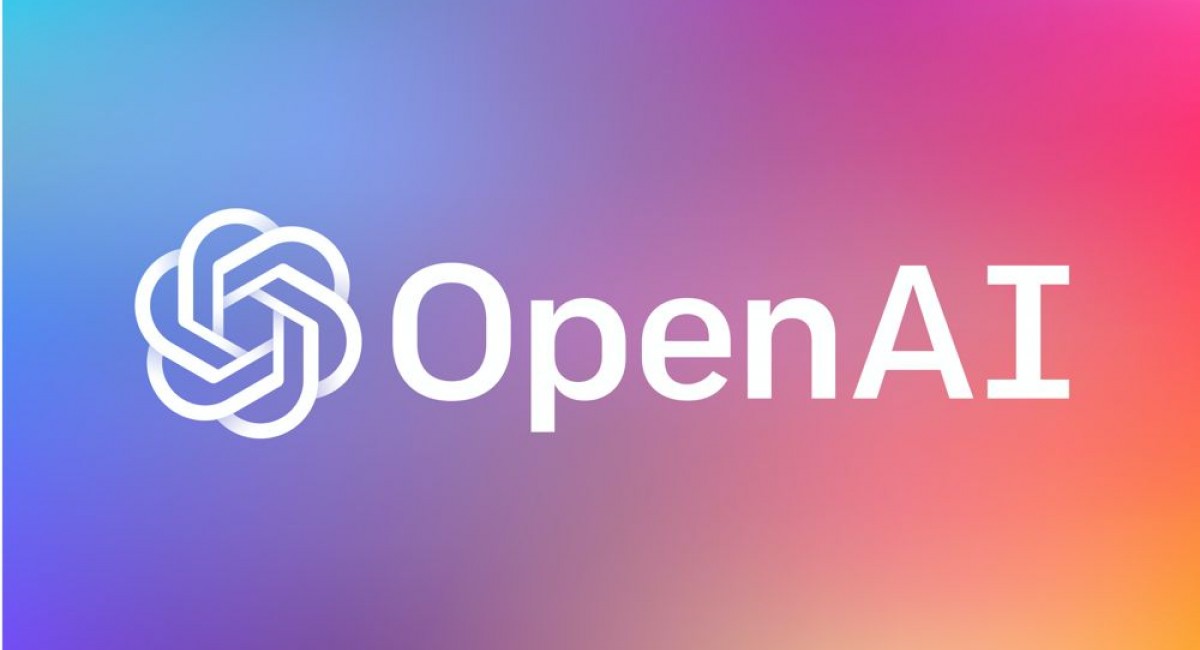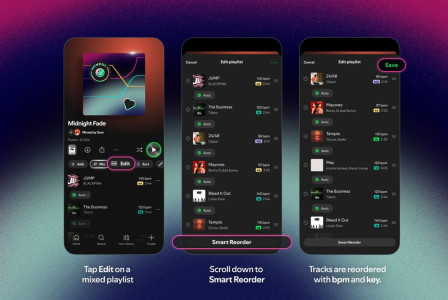SEARCH
OpenAI expresses interest in acquiring Google Chrome

SHARE IT
In a remarkable development during a federal court hearing on Tuesday, OpenAI expressed its readiness to acquire Google’s Chrome browser if a federal court forces Google to sell it off as part of a remedy in the US government’s ongoing antitrust case. The case, which centers around Google’s monopoly in the online search market, has already led to a ruling in August 2024 declaring Google’s control over the market to be illegal. The court is now exploring remedies to restore competition and potentially break up or force the sale of key parts of Google’s business.
During the hearing, Nick Turley, who leads OpenAI’s ChatGPT team, testified as a witness for the US Justice Department. When asked whether OpenAI would be interested in purchasing Chrome if the court mandates its sale, Turley responded without hesitation: “Yes, we would, as would many other parties.” This statement highlights OpenAI’s growing ambitions in the tech industry and its interest in expanding its influence, particularly in the browser market, which has long been dominated by Google.
OpenAI’s interest in acquiring Chrome reveals its strategic vision of increasing user engagement and positioning itself more directly against Google. Turley emphasized that integrating ChatGPT with Chrome could provide users with an "incredible experience," offering a new way for users to interact with the internet, one that would center around AI-driven, conversational responses rather than traditional search results. He pointed out that such an integration would allow OpenAI to introduce users to an "AI-first experience," changing how users engage with browsers and the web.
This potential acquisition is the latest development in the ongoing competition between OpenAI and Google, a rivalry that has intensified since the launch of ChatGPT in November 2022. The debut of ChatGPT, which allows users to bypass traditional search results in favor of direct, conversational answers, triggered a major reaction from Google. The company was reportedly thrown into “code red” mode, as it scrambled to incorporate its own generative AI features, like the Gemini models, into its search and other services in a bid to keep pace with OpenAI’s advancements.
While OpenAI has made significant strides with its ChatGPT platform, Turley also acknowledged some of the challenges the company has faced in gaining broader market access, particularly in the smartphone sector. OpenAI secured a deal with Apple to feature ChatGPT on iPhones, but it has encountered greater difficulties with Android smartphone manufacturers. Turley specifically pointed to OpenAI’s struggles to reach an agreement with Samsung, which has been a significant hurdle in OpenAI’s efforts to expand its footprint in the mobile market.
Turley’s comments about Samsung’s reluctance to partner with OpenAI are telling. He suggested that Google’s deep financial resources enabled it to outspend OpenAI, noting that a Google executive had admitted to paying Samsung to pre-install its Gemini AI app on their devices starting in January 2024. This further highlights the challenges smaller companies like OpenAI face when competing against tech giants with vast financial power and established market control.
The US government’s antitrust case against Google, which is supported by several state attorneys general, has proposed sweeping measures aimed at dismantling the company’s monopoly. These measures include forcing Google to sell off Chrome, licensing its valuable search data to competitors, and preventing the company from making paid deals that guarantee its services remain the default option on devices and platforms. These proposals represent a significant shift in the regulatory landscape and could reshape the digital marketplace by encouraging competition.
The idea of Google being compelled to sell Chrome, the most widely used browser in the world, is a cornerstone of the government’s plan to diminish Google’s dominance in the search market. If the court approves such a move, it would mark a historic moment, as it would be the first time in decades that a major US company has been forced to sell off a core part of its business. The last such occurrence was the breakup of AT&T in the 1980s, a precedent that could influence the outcome of the current case.
The potential forced sale of Chrome represents more than just a legal victory for OpenAI or other competitors. It could have far-reaching implications for the broader tech industry, particularly for how companies like Google, OpenAI, and others operate in a market where regulators are becoming increasingly concerned about monopolistic practices. If the court orders Google to sell Chrome, it would signal a new era of heightened scrutiny for tech giants, particularly those that control multiple layers of the digital ecosystem, from search engines to operating systems to app marketplaces.
For OpenAI, acquiring Chrome would provide a significant opportunity to leverage the browser’s user base to drive engagement with its AI products. It would allow OpenAI to compete more directly with Google’s search engine, which has long been the cornerstone of the company’s dominance in the digital space. Additionally, the integration of AI into the browsing experience could revolutionize how users interact with the web, making OpenAI’s vision of an AI-first future more accessible and tangible.
As the court proceedings continue, the fate of Google’s Chrome browser remains uncertain. The outcome of this case could set a precedent for future antitrust actions against tech giants, not just in the US but globally. For OpenAI, the opportunity to acquire Chrome is just one piece of its broader strategy to reshape the tech landscape and challenge the dominance of established players like Google.
With the rapid advancement of AI technologies and the growing regulatory pressure on big tech companies, the next few years could bring significant changes to how consumers interact with the internet and how tech companies operate in the digital marketplace. The decision in this case will likely have profound implications for the future of both AI and the broader tech industry.
MORE NEWS FOR YOU

 Help & Support
Help & Support 

